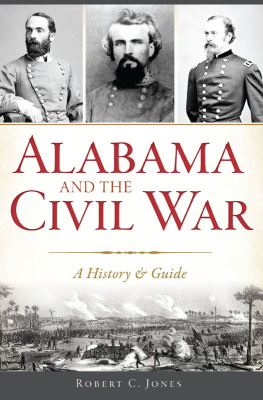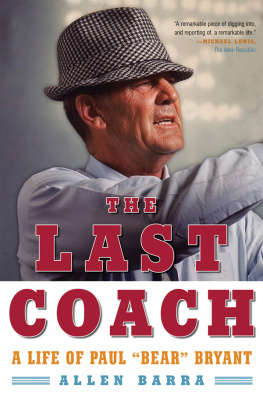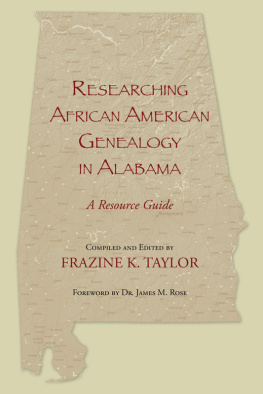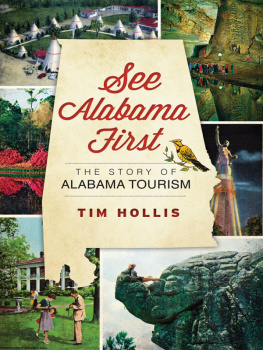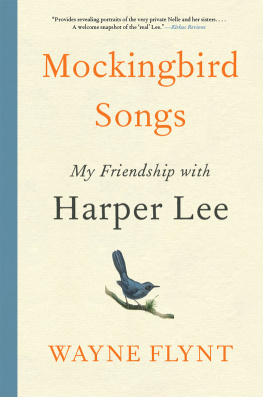Advance Praise for Afternoons with Harper Lee
No biography of any person has made me feel so palpably that I sat with its subject as Wayne Flynts Afternoons with Harper Lee. NewSouth Books has given us a seat next to one of the most important writers, globally, of the last hundred years. Flynts contextualizing of his (and our) visits with important information about both local and national time and place completes the experience.
Sena Jeter Naslund, author of Four Spirits, Ahabs Wife, and others
Wayne Flynts prose flows as gracefully as the rivers of Alabama, clear and lyrical, in this special volume, in which a portrait of Harper Leevariously vulnerable and strong-willed in her privacyemerges. Afternoons with Harper Lee is a captivating remembrance of an unlikely but deep friendship borne of great storytelling.
Patti Callahan Henry, New York Times-bestselling author of Becoming Mrs. Lewis
Wayne Flynt is the great Talmudic scholar of Alabama, and this vivid, affecting deconstruction of his friendship with Harper Lee through the history that produced them both is a huge reward and pleasure for those of us who understand that, unaccountably, all roads seem to lead to our grand and terrifying state.
Diane McWhorter, author of Carry Me Home: Birmingham, AlabamaThe Climactic Battle of the Civil Rights Revolution
Many people have written books about Harper Lee. Wayne Flynt knew her better than any of them. This is a fond and very personal portrait, full of stories and laughter. The ladys unique astringent voice comes through loud and clear. Nelle Harper Lee would have loved this book, and so do I.
Mark Childress, author of Crazy in Alabama and Georgia Bottoms
Afternoons with Harper Lee is a celebration of friendship, literature, and how place and history shape us all. Its full of wisdom, love, and lossheartbreaking and heart-healing in equal measure. I so enjoyed this book!
Daniel Wallace, author of Big Fish
Often described as reclusive, Nelle Harper Lee was warm and genial with close friends such as Southern historian Wayne Flynt. Based on a decade of delightful conversations and shared storytelling in the Southern tradition, Afternoons with Harper Lee reveals the multi-faceted personalitywitty, caustic, generous, self-deprecating, kind, searingly honestof one of our nations most revered writers.
Cynthia Tucker, Pulitzer-winning columnist and coauthor of The Southernization of America
Though Nelles world became much smaller in her later years, the stories told here reveal much about the wit, insight, and powers of description and self-deprecation which defined her to the end. Thanks for giving us such an admirable portrait of this great, complicated, and most famous writer.
Paul Dewey, Nelle Harper Lee friend and correspondent, son of In Cold Bloods Al Dewey
Afternoons with Harper Lee

AFTERNOONS WITH HARPER LEE

Wayne Flynt
NEWSOUTH BOOKS
AN IMPRINT OF
THE UNIVERSITY OF GEORGIA PRESS
ATHENS
N S B
Published by NewSouth Books an imprint of the University of Georgia Press
Athens, Georgia 30602
www.ugapress.org/imprints/newsouth-books
2022 by Wayne Flynt
All rights reserved
Designed by Randall Williams
Printed and bound by Books International
The paper in this book meets the guidelines for permanence and durability of the Committee on
Production Guidelines for Book Longevity of the Council on Library Resources.
Most NewSouth/University of Georgia Press titles are available from popular ebook vendors.
Library of Congress Control Number: 2022943692
ISBN 9781588384874 (hardback : alk. paper)
ISBN 9781588384881 (ebook)
In memory of
Dorothy (Dartie) Flynt
and Nelle Harper Lee
Contents
Preface
NELLE HARPER LEE AND DARTIE FLYNT COULD HAVE BEEN SISTERS. Nelle was born in 1926, Dartie twelve years later. There was less age difference between them than between Nelle and her sister Alice.
Both their fathers were pious, godly men, generous in expressions of love and slow to anger or to judge others. When discipline was required, they were inclined toward gentle reprimands rather than physical punishment. Their fathers imprinted them more than their mothers.
Dartie and Nelle were intensely private, preferring the company of family and close friends to that of others. Both loved literature, especially fiction. Dartie taught middle and high school English and preferred Russian writers, especially Leo Tolstoy, Boris Pasternak, and Aleksandr Solzhenitsyn. Danish writer Isak Dinesen and J. R. R. Tolkien also enthralled her. Nelle preferred Jane Austen but read across many nationalities.
Both loved theater, especially Shakespeare. Dartie persuaded me to purchase season tickets to the Alabama Shakespeare Festival for half a century, and Nelle watched her last (and favorite) play, King Lear, with us.
At Samford University where we met, Dartie was a Speech/Theater/English major, and, like Nelle, a wordsmith. I discovered that the hard way when I asked her to edit drafts of my first book. Perhaps she was getting even with me for a life then filled with cooking, house cleaning, and changing diapers while I was teaching the most intellectually challenging students of my forty-year career. Whatever her motive, I will never forget her first criticism of my manuscript: What do you mean in this paragraph? I churlishly replied: Just what I said! She stood, walked away, and fired a retreating salvo over her shoulder: Well, the words dont convey what you intended to say! I reread the paragraph half a dozen times before making the revision she suggested and apologizing.
Because of Darties lifetime of writing scripts, performing oral interpretations of literature, and narrating church pageants, she understood what J. K. Rowling put in the mind of Professor Dumbledore: Words are, in my not so humble opinion, our most inexhaustible source of magic. And exact words are better than proximate words. I always knew what I wanted to say, but I could be much too casual in how I put words on paper.
When it came to recalling Nelles exact words, phrases, colloquialisms, voice inflections, facial expressions, even hesitations, pauses, or gaps in conversation, Dartie was many times my master. She often corrected our journals, telling me, You have accurately recorded what she meant but not what she said.
More importantly, she was the one who initially attracted Nelles affection, not because of any effort on her part but because when we first became friends Nelle had just suffered a stroke, and Dartie was in her fifteenth year of the Parkinsons disease that would take her life nearly three years to the day after Nelle died. As Nelle was learning how to operate her wheelchair, Dartie was trying to walk with a cane or walker, but often falling. Confined to a wheelchair and having just suffered a torn rotator cuff in a fall, one day Nelle exasperatedly told Dartie: I hope this never happens to you! Unfortunately, it did.
Both women remained intellectually alert despite their physical limitations. Both were incredibly courageous. Both battled depression without succumbing to it. In a sense, they held each other up. Each enjoyed wordplay at my expense.
In one way they differed. Nelle preferred frumpy clothes, especially pedal pushers and T-shirts, and wore no makeup. Dartie dressed to the nines for every occasion and particularly favored spiffy hats, many of them vintage survivors from the 1920s and 1930s. Nelle was frump. Dartie was style.
Next page

